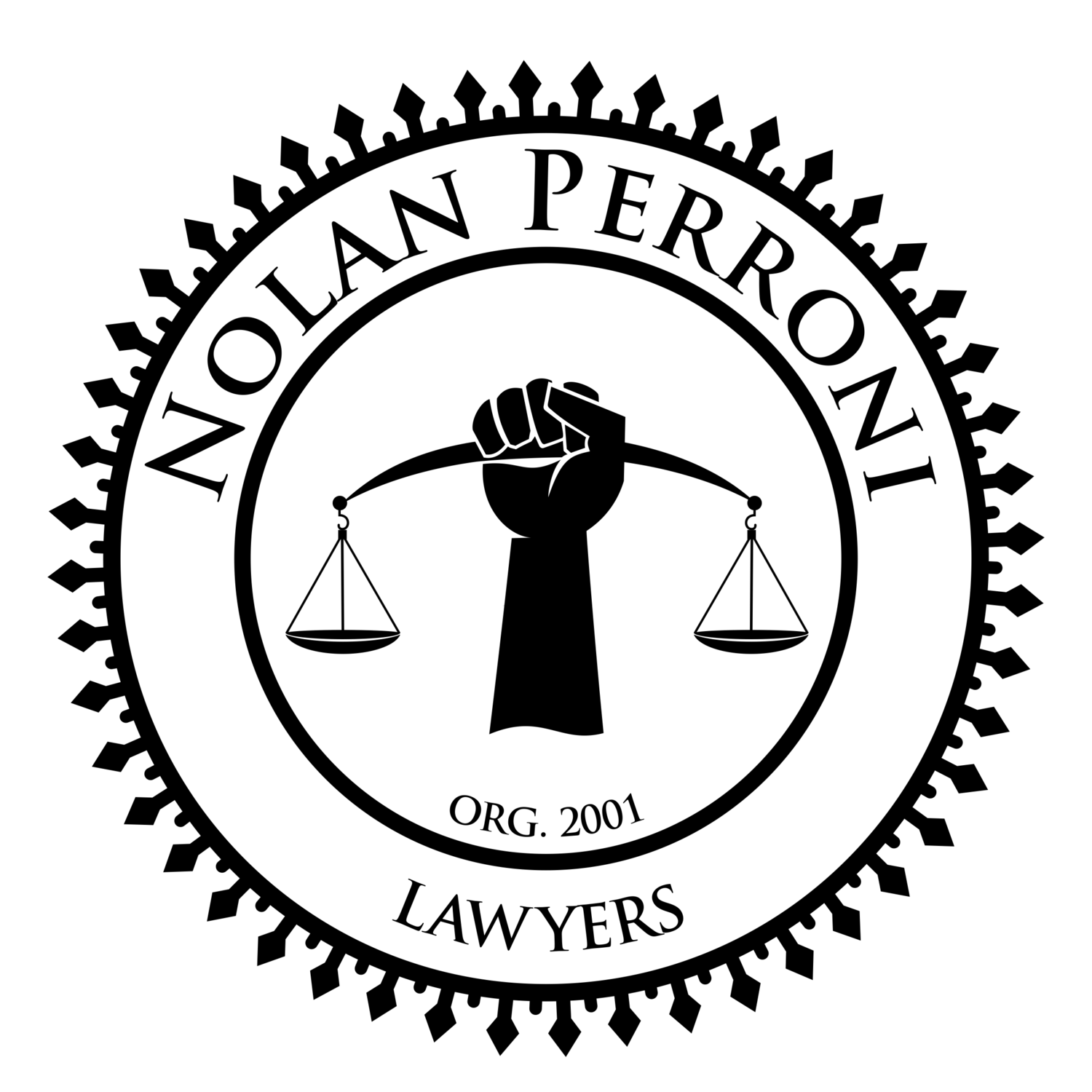There was a lot of buzz over the past year regarding the 10 mile residency limit for Civil Service employees imposed by GL c. 31, Sec. 58. Of major concern to employees in border communities is the language in this section of the law that requires that they live “in the Commonwealth.” As many know, this 10 mile requirement has been loosely enforced over the years, as most local governments simply used a system each found suited the needs of its Departments and their employees. The issue came to a head recently due to some challenges at the Civil Service Commission; these challenges were not initiated by the Commonwealth or local governments, but were instead made by employees, protesting the residency of fellow employees who were set to receive promotions. These protests brought the issue forward; the Commission basically ruled that the 10 mile limit within the Commonwealth was mandatory, and that compliance with this law was a precondition to qualifying for a civil service promotion. Of course, a lot of scrambling followed.
In response, the Legislature amended Section 58 in its most recent Budget. The amendment allows the 10 mile residency limit to be increased through collective bargaining. While the 10 mile issue was addressed, there remained a concern that this amendment did not alleviate the border communities’ issue with living outside the Commonwealth. This concern was borne out by the Governor’s veto of the amendment, in which he stated that, in his opinion, the amendment would allow employees to live out of state. The legislature, having heard the Governor’s message, overrode his veto, and the amendment is now law. As part of the amendment, the legislature added language to GL c. 150E, Sec. 7(d) further clarifying that the “third paragraph of Section 58 of Chapter 31″ is subject to change by collective bargaining. Because both the 10 mile limit and the “in the Commonwealth” requirement appear in the third paragraph of Section 58, and because the legislature acted in the face of the Governor’s express concerns, it would be hard to argue now that the individual communities and unions cannot modify the Sec. 58 requirements so that employees may live beyond the 10 mile limit, and outside the Commonwealth.
We spoke recently to Senator Donnelly of Arlington who confirmed that the above analysis was the exact intention of his amendments.

